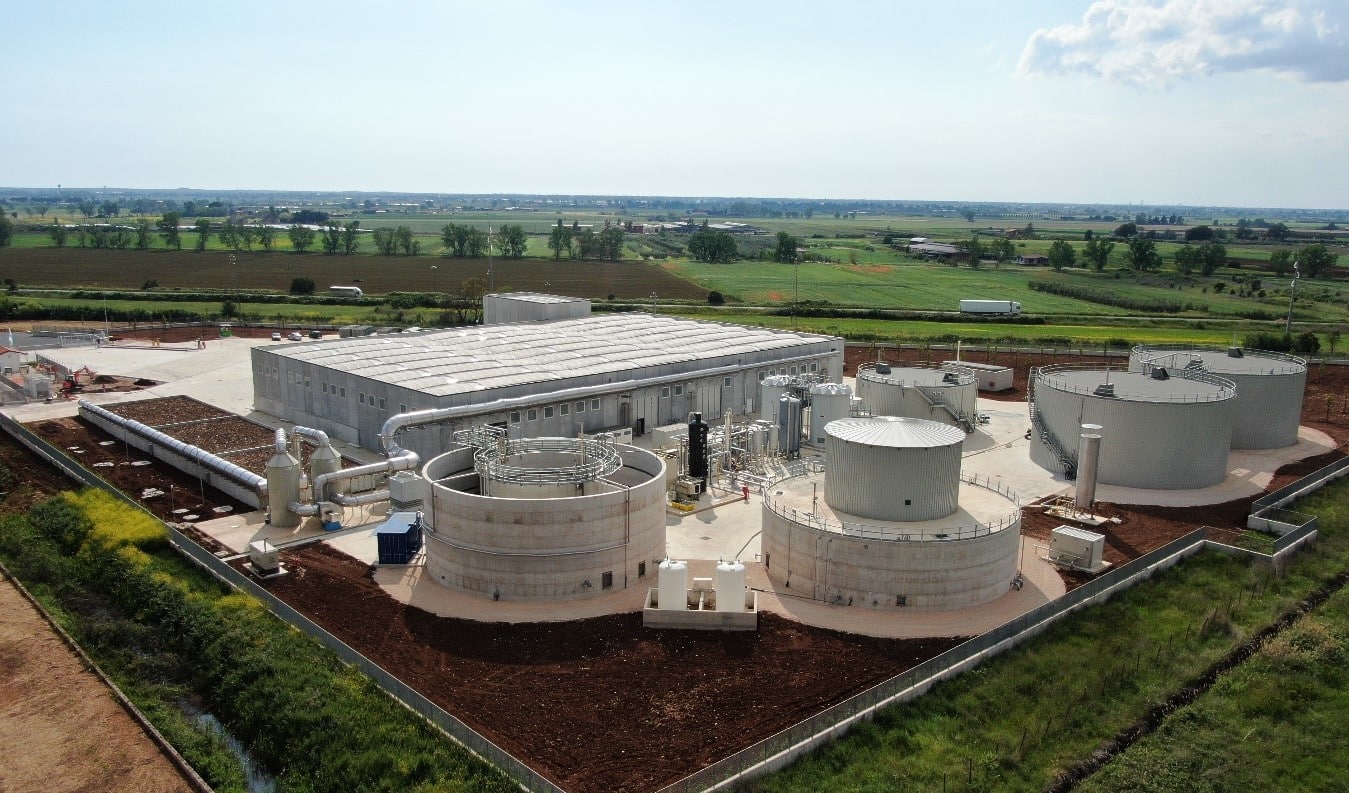 Methane Emissions Management will be far more beneficial than trying to reduce CO2
Methane Emissions Management will be far more beneficial than trying to reduce CO2
Well, let's look at the evidence:
"With the 2030 deadline to achieve the Global Methane Pledge to cut methane levels by at least 30% from 2020 levels, signed by 155 countries, now just over 5.5 years away, we need to urgently accelerate the expansion of biogas globally."
"Treating and recycling the 105bn tonnes of organic wastes generated by humans every year, of which 98% remain untreated and emitting methane as they break down, can deliver 50% of the Global Methane Pledge; sufficient green gas to replace one third of today’s fossil gas consumption; replace 105bn tonnes of inorganic fertiliser; provide sufficient nutrient to fertilise 700 million hectares of arable land and create 10-15 million jobs worldwide."
World Biogas Association {WBA} and supported in the UK by The Anaerobic Digestion & Bioresources Association {ADBA}
However the WBA's assertion will not include the other global sources of methane, and here we have a problem. So many claims of the "damage" but no real independent total of this hydro-carbon's presence globally. Indeed the theory of Abiotic Generation would seem to fit the evidence of large scale hydrocarbons in our solar system.
So where else is methane coming from on Earth?
Coal Mine Methane Emissions
DrivingDownCoalMineMethaneEmissions.pdf
Vulcanism
https://www.sciencedirect.com/science/
volcanism million of years ago methane thoughts
Methane Hydrates
Oil and Gas Industry
- Leakage and Failures
- scientists-detect-record-breaking-methane-leak-in-kazakhstan-the-largest-ever-documented
- We can say that there are others in this industry sector
- Natural Sedimentary Basins
- Darvaza Gas Crater
- Can we presume there are others?
Clearly these volumes of methane are astronomical! But no amount of 'government pledges' are going to control most of these naturally occurring 'contributions'! Indeed we should argue that the oil and gas industry needs to 'up their game' and control much more methane than they have done! To put methane to use within the realms of ENERGY PRODUCTION and TRANSPORT Fuels would seem to be a wise move(??).
UPDATE 11th August 2024: However, it has been shown recently that there are Methane 'Sinks'; Methane consuming bacteria has been found within tree bark! All the more reason for re-forestation. by Luke C. Jeffrey, Damien T. Maher, Eleonora Chiri, Pok Man Leung, Philipp A. Nauer, Stefan K. Arndt, Douglas R. Tait, Chris Greening & Scott G. Johnston
"".......Finally, field-based methane oxidation inhibition experiments demonstrate that bark-dwelling MOB [methane-oxidising bacteria] reduce methane emissions by 36 ± 5 %. These multiple complementary lines of evidence indicate that bark-dwelling MOB represent a potentially significant methane sink, and an important frontier for further research.""
Reaserch article citation here at this link {on a new tab}
View, read or Download summary research at this link {See Research Here - again in a new tab}
